Meet Joel Epstein: violinist, violist, writer, arranger, educator and ACMP member since the 1970s
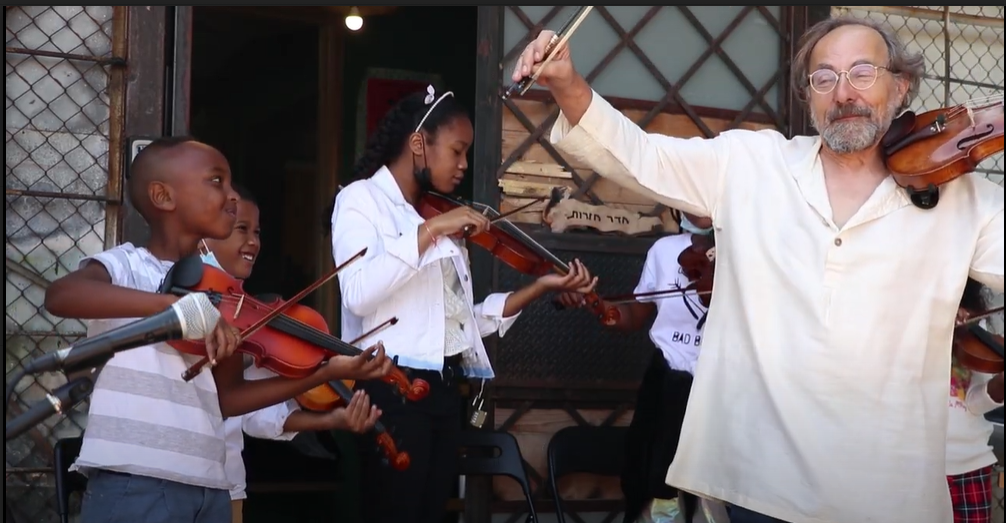
I first learned about longtime ACMP member Joel Epstein when he sent me a review copy of his book, Music for the Love of It: Episodes in Amateur Music-Making, and then learned of his past involvement as a member of ACMP’s International Advisory Council and on our website committee. As part of an ongoing effort to get to know more of the fabulous people in the ACMP community, I sent Joel some interview questions.
Enjoy getting to know Joel! And if you have a story you would like to share, please drop me a line.
Stephanie Griffin: Tell me a bit about yourself and your relationship to ACMP.
Joel Epstein: I am a violinist and violist. The first time I played chamber music was when I was 14 – my brother, now a professional pianist, played cello and my father played piano. We played the Zingarese trio by Haydn. And I have been playing chamber music ever since. I live in Israel now, and play string quartets once a week, piano trios once a week, and various pickup groups here and there. Our string quartet has been playing together for 35 years – I think we are the most senior amateur quartet in Israel.
I joined ACMP in the early 1970s, and have been active ever since. I served on the International Advisory Board, and I worked on the website committee a bunch of years ago. I use the ACMP directory whenever I travel. I take my fiddle with me to Hawaii, where my daughter lives, and often play string quartets there. I have played in the US, in Britain, South Africa, and India, all thanks to the ACMP directory.
Please tell us about the book you wrote.
I’ve written several, actually. The one you mean is Music for the Love of It: Episodes in Amateur Music-Making. It is a series of historical sketches of amateur music-making, from Queen Elizabeth I (an avid amateur musician) to Walter Willson Cobbett, a British amateur of the early twentieth-century who did much to promote the cause of chamber music in Britain. There is a chapter about amateur music-making in America, in which the ACMP figures prominently. ACMP supported me throughout my writing: Kitty Benton, our newsletter editor, was a well of information; and cartoons drawn by Sue Lloyd, ACMP’s first newsletter editor, grace the first page of every chapter.
And what ties these episodes together?
That’s a good question. Actually, I originally set out to write a book about the history of amateur chamber music. But I quickly realized that the history of amateur music is simply the history of music, at least until 1860. Amateurs and professionals sat shoulder to shoulder in all the ensembles of Europe and America. Strictly speaking, all of the players in Haydn’s orchestra, for example, were amateurs – they all served in other capacities as liveried servants, even if they were hired for their musical skills. The year 1860 is significant, because that is the year that the last amateur – a divinity student who played tympani – resigned from the Gewandhaus orchestra, thus making it the first all-professional orchestra of Europe.
There are other themes that run through the history of amateur music-making. Music was and is a great leveller. Even in the stratified societies of Classical Europe, and the class-conscious halls of British aristocracy, music was the playing field where everyone was equal. There was no reticence in a Baron about sitting next to a blacksmith if both were holding fiddles in their hands. In particular, women were equals. Indeed, women played a leading role in promoting amateur music, especially in America. There is a whole chapter dedicated to the role of women in American music.
Where can ACMP members purchase this book?
The book is available on Amazon.
You said you have written other books?
I wrote The Language of the Heart, a fictional biography of Ziryab. Ziryab was the court musician to the Sultan of Andalusia, and one of the originators of the Andalusian style, which is in many ways the basis of our Western music. The Curse of Gesualdo: Music, Murder and Madness is a fictional biography of Carlo Gesualdo, the sixteenth-century madrigalist, who murdered his wife and presumed lover, then had himself whipped in remorse. And I wrote a method book on teaching violin in classes, based on my experience as a violin teacher in Israeli schools. All the books are available on Amazon.
Could you please tell our readers about your teaching career?
When I retired from my professional career in software development, I decided what I really wanted to do was teach. I taught for a few years in Israeli public and private schools, and now I run a music program in an after-school program for status-less children in south Tel Aviv.
What exactly do you mean by status-less children?
In Israel, most of them are refugees and asylum seekers from Eritrea, Sudan and other African countries, but they also include any children born to foreign workers or illegal immigrants. These children were born in Israel, but have no legal status; so they are not entitled to any government support, national health care, national insurance, or any other benefits that Israeli children enjoy. My program is part of Elifelet, a nonprofit that provides support that the government refuses to give. I work there as a volunteer, along with eight other music volunteers. Two of those are ACMP members.
That sounds like a precarious situation. What does your music program offer to those children?
Actually, I don’t think Israel treats its refugees any worse than a lot of other countries. We have about 50 kids in our program. We have 25 violinists. The third graders study violin in classes of five, then the next year they go on to study at the municipal conservatory in south Tel Aviv. In addition, we teach chorus, ukelele, guitar, rock music, and we have a kindermusic program for first and second graders.
And how to the kids respond?
With unbridled enthusiasm. Some of these kids are so eager, they bring their violins to school even on days they don’t have lessons, hoping for a chance, any chance, to play. Just by way of comparison: when I taught in public schools, out of a class of 30 children, we were lucky if one or two kids signed up to continue their studies in conservatory. At Elifelet, 80 percent of the kids continue their lessons for the second, third and fourth years.
We also see the effects of music on the kids’ cognitive and emotional development. Most of the kids in our program come to Elifelet with a lot of baggage – neglect in early childhood, discrimination, violence in the home and in the neighborhood. We see a lot of change in the kids in the music program. Often, one of our counselors asks me nervously, “How is Immaniel in violin class?” “Great,” I say – he’s a hard worker, very attentive, and never acts out. And the counselor tells me that in school, Immaniel is unmanageable – fighting, crying, and with a host of learning disabilities. Music works magic on these kids.
It sounds like you get a lot of satisfaction from this.
I often ask myself, who gets more out of this program, my students or me? For 35 years, I worked in various jobs in technology; I had my own company, and I worked on projects that made a real change. But nothing in my professional life can compare to how I feel when my students play a duet together, and experience the joy of making music together.
Are there any other music-related activities that you have been enjoying in your retirement?
Yes! In addition to playing chamber music and teaching, I also have done a lot of arrangements – mostly for string quartet, but also for woodwind ensembles and other combinations. Most of my arrangements are of Israeli folksongs, but I also arranged American and Welsh songs, as well as a lot of miscellaneous stuff. I sell my arrangements at SheetMusicPlus but if you see something you like, please write me directly at yoelepst@gmail.com, and I will send it to you for free or for half price (depending on my mood).
More Articles
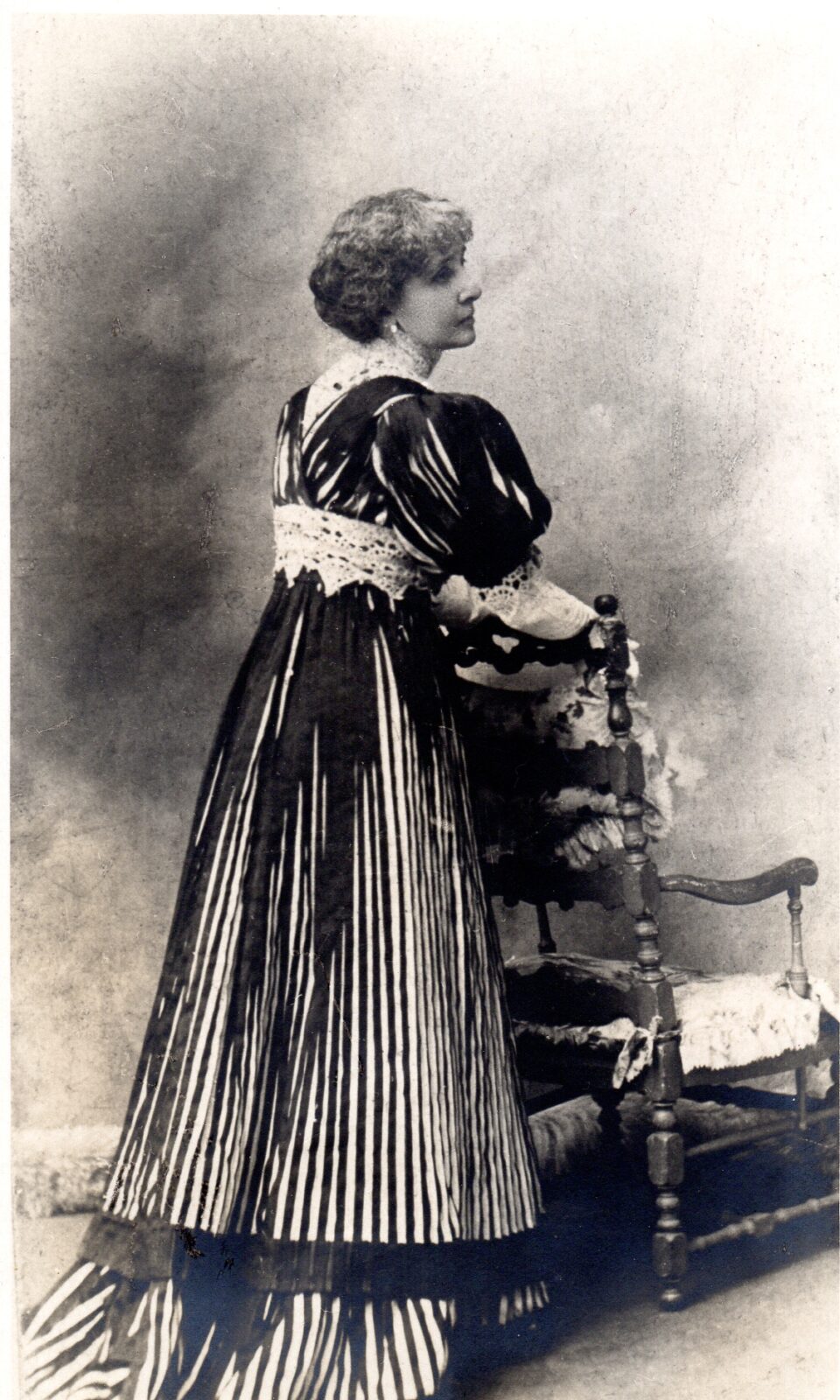
Drab, Inconspicuous, and Quiet No More
Washington, D.C.area pianist and choral conductor Sonya Subbayya Sutton is a passionate advocate of the work of women composers. Read about some of her favorite women composers and discover new chamber repertoire from her list.Read More ↗
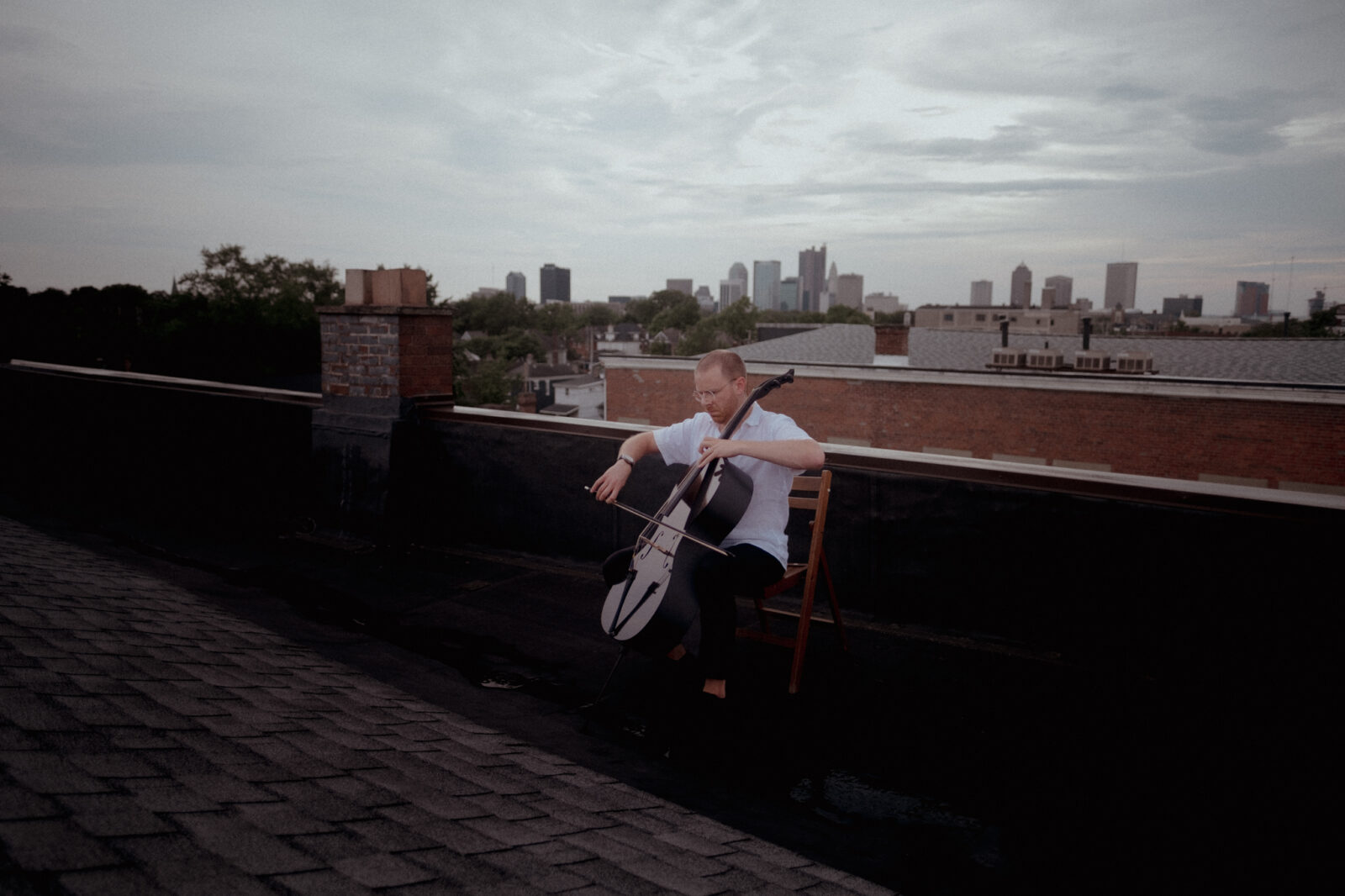
Andrew Brush: An amateur cellist with a global reach
After ACMP’s modest beginnings nearly 80 years ago, ACMP has grown to have a global membership, and perhaps nobody embodies this boundary crossing more than Andrew Brush. With his cello in tow, he splits his time between his home in Columbus, Ohio, and Buenos Aires, with visits to Europe and Istanbul, where his wife is from. Along the way, he has developed diverse musical interests, with influences ranging from Argentina to Mali. We caught up with Andrew recently after he had returned to Columbus, where he serves as a member of the ACMP North American Outreach Council.Read More ↗
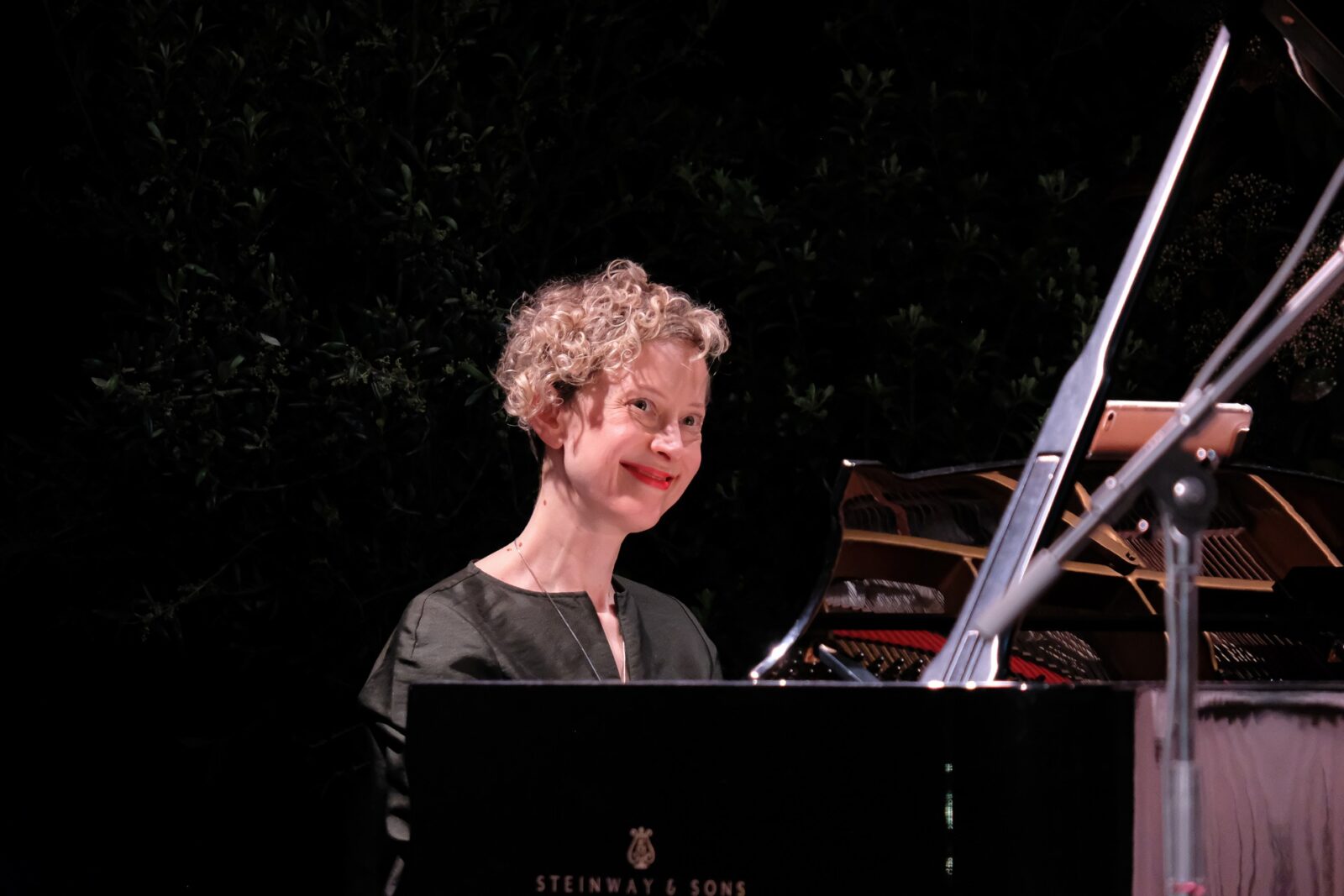
Befriending Performance Anxiety: simple tips for success
Performance anxiety is a universal experience, a survival mechanism that is hard-wired. Many of us react with shaky hands, lack of focus, shallow and fast breathing, rapid heart rate, and even feeling queasy. This is all perfectly natural - our protective sympathetic nervous system comes online to save us from danger, real or imaginary! Join Dr. Xenia Pestova Bennett for a free online webinar about managing performance anxiety on Thursday, October 30th at 6pm UK/Ireland time.Read More ↗
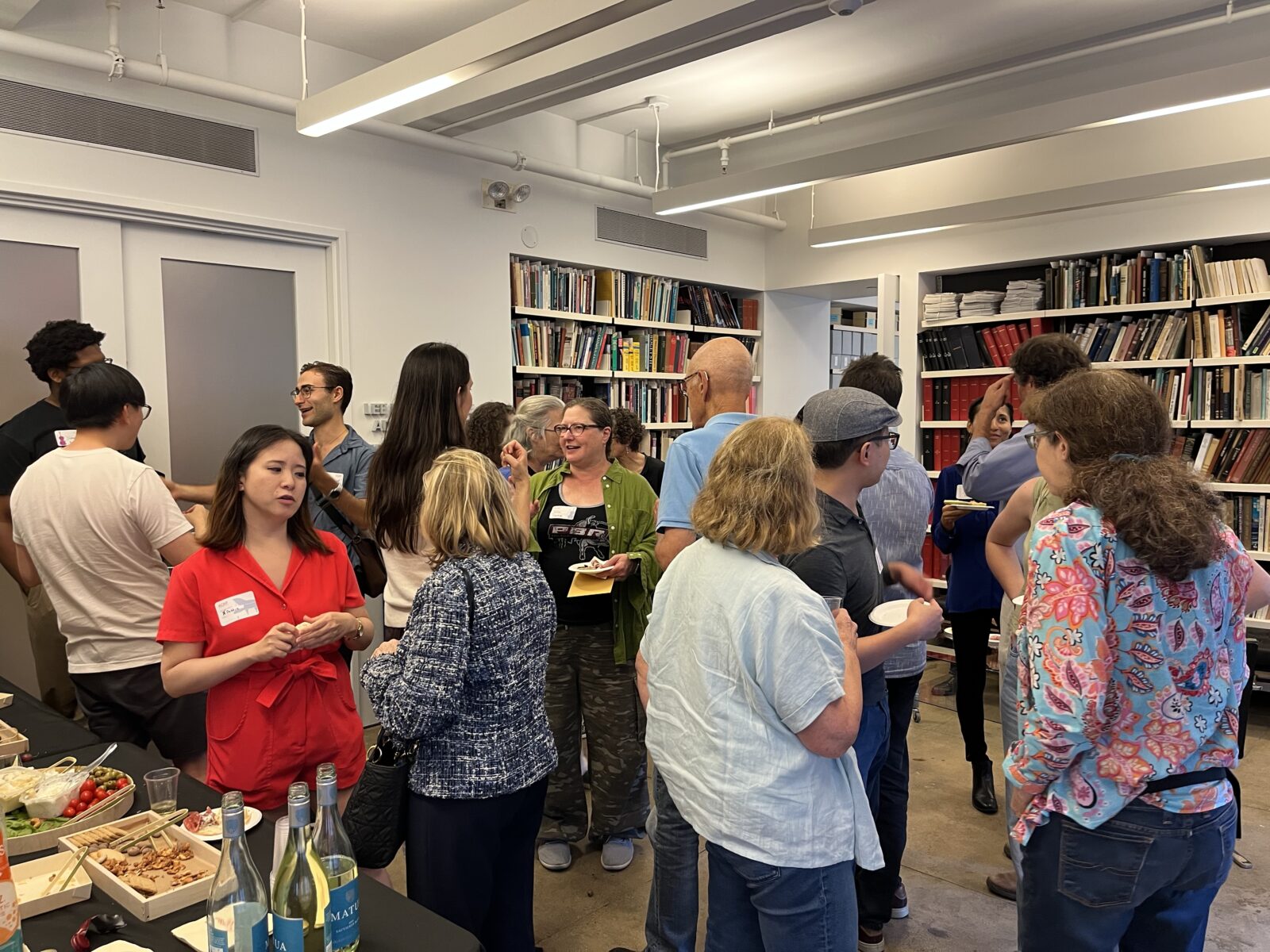
The Great American Play-In: ACMP and ACO
On Saturday, September 13 ACMP embarked on its first collaboration with the American Composers Orchestra (ACO). Together we organized a Play-In focused entirely on music by twentieth and twenty-first century American composers. Over the course of three hours, forty-five musicians discovered sixteen pieces or sets of pieces by a wide range of American composers, spanning from 1896 through 2025.Read More ↗
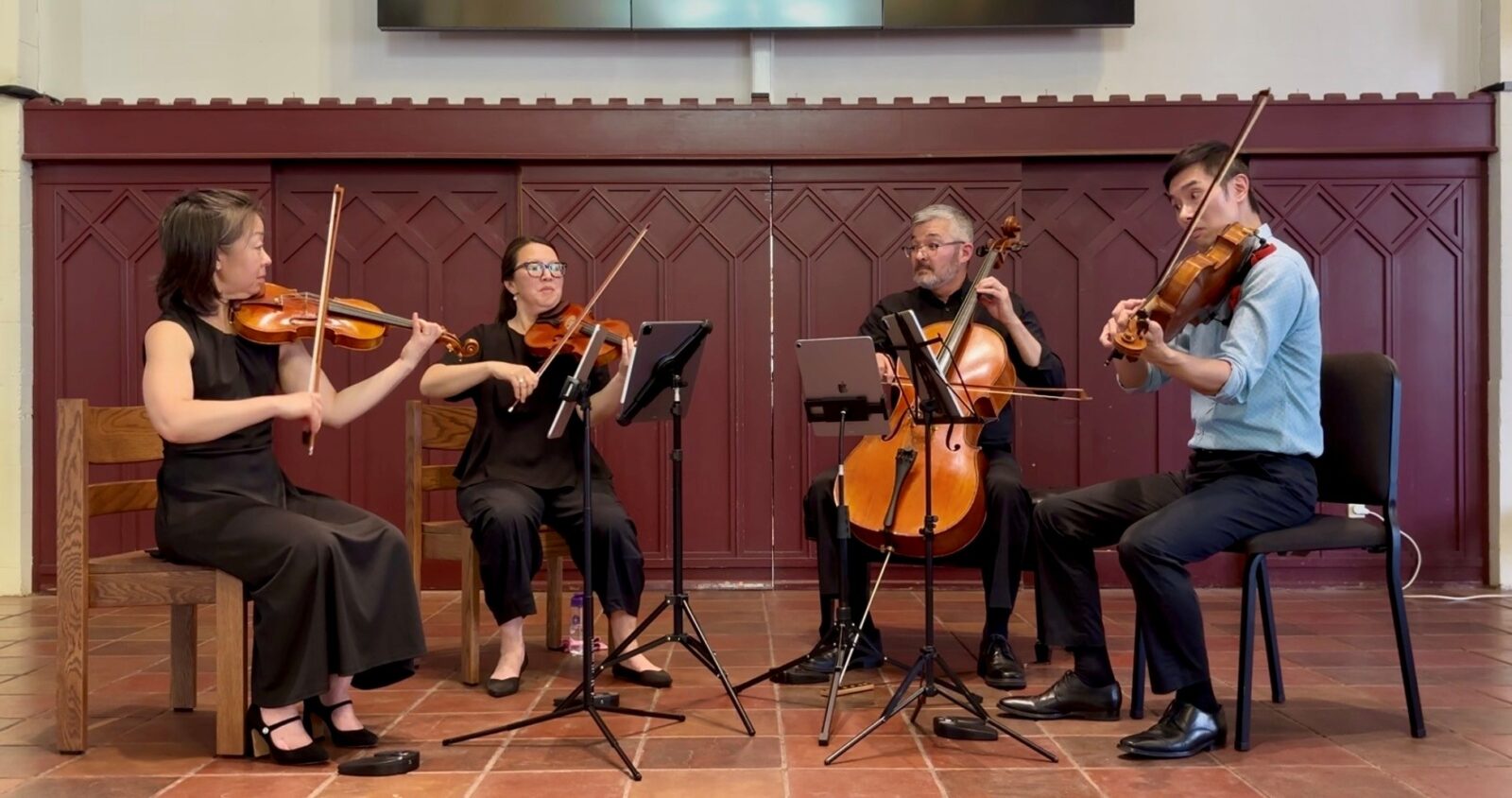
Just Play Concert: Exploring New Voices and Old Masters with the Tarka String Quartet
Thanks to a “Just Play” grant from ACMP, the Tarka String Quartet—Sue Soong and Julie Park on violin, Kevin Jim on viola, and Angus Davol on cello—recently shared a program in San Diego that reflected their passions: exploring new voices by women composers alongside the great works of the quartet tradition.Read More ↗
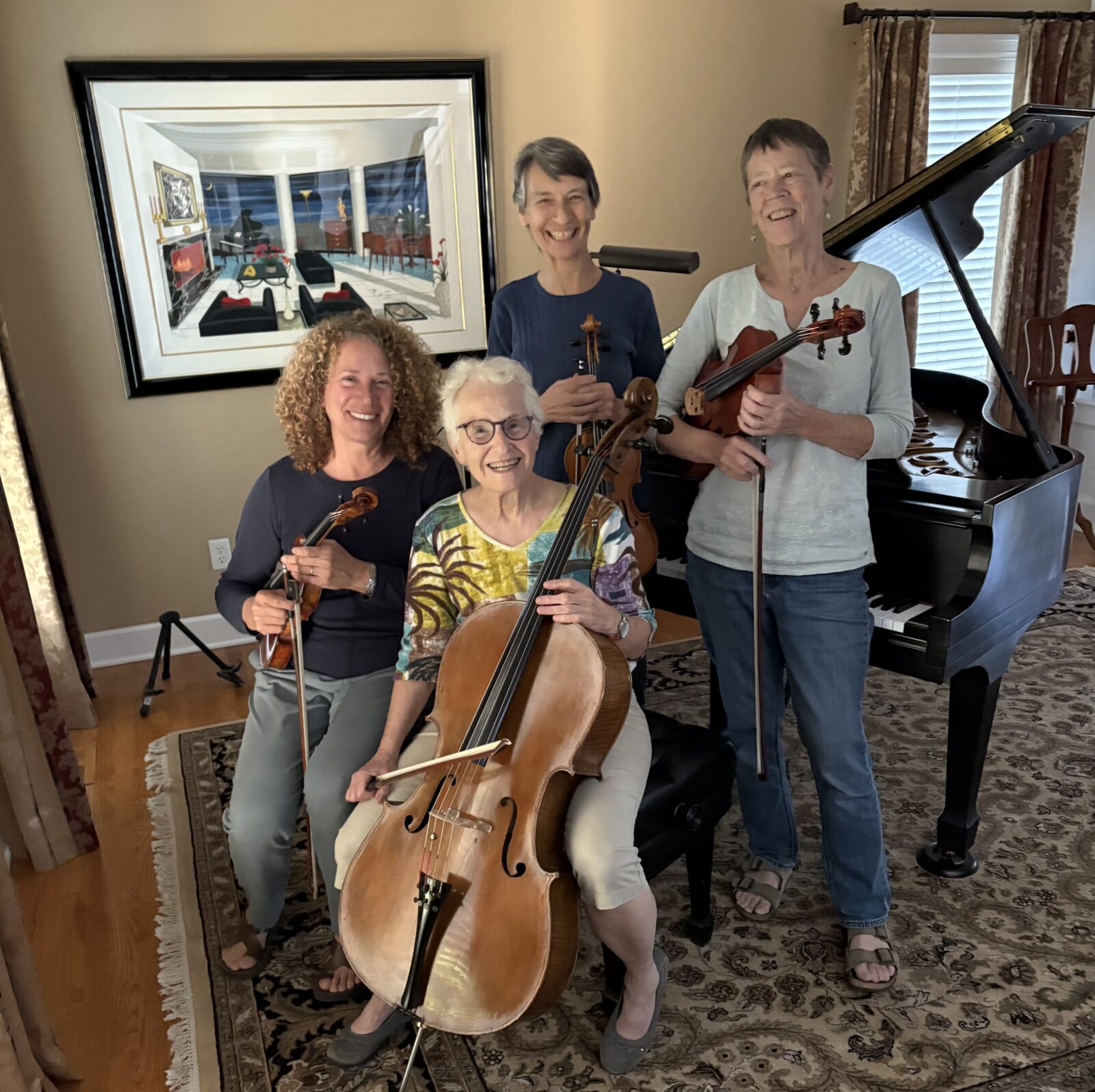
ACMP Members of the Month – October 2025
Playing in a regular string quartet is kind of like having a regular foursome in golf – everyone needs to be of roughly similar ability, and they also need to get along. When those two dynamics come together, the result can be a lasting chamber group that brings enduring friendships. Such is the case with our Members of the Month for October – Ruth Sklarsky, Barbara McIver, Ellen Henry and Kathy Lewis, residents of the Rochester, N.Y., area who have played in a string quartet for more than a decade. They got together and collectively answered a few questions about their musical journey.Read More ↗
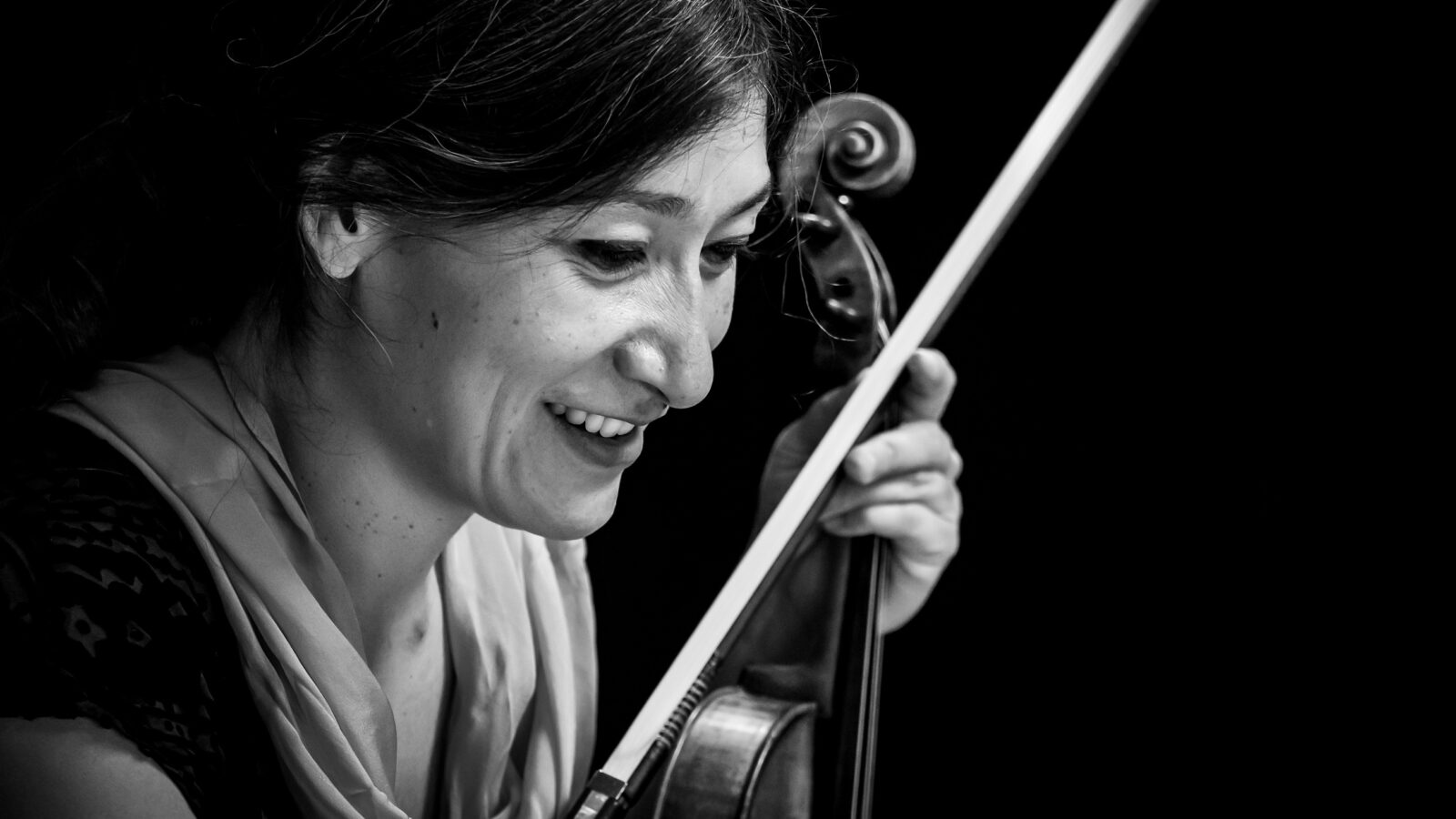
ACMP Event: Meet Harumi Rhodes
Join ACMP’s Executive Director Stephanie Griffin on Saturday, November 1 at 2pm Eastern time for a lively discussion and Q and A with violinist Harumi Rhodes. Harumi is the daughter of two famous chamber musicians: Stephanie’s former viola teacher, Samuel Rhodes (Juilliard Quartet) and violinist Hiroko Yajima (Mannes Trio.) Find out more about Harumi’s early life in that celebrated chamber music milieu, and about her journey as she established her own career as the second violinist of the world-renowned Takács Quartet.Read More ↗
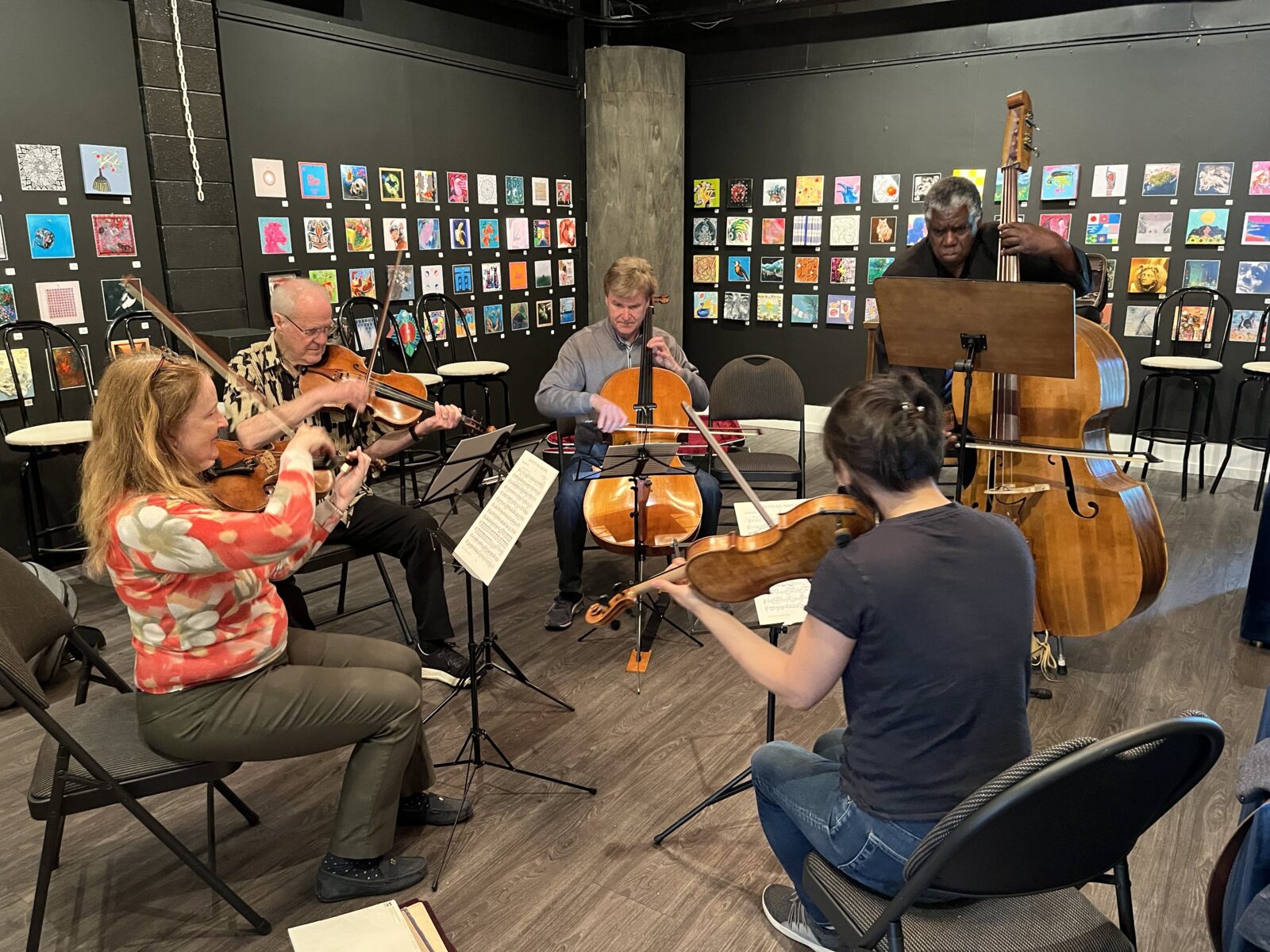
New guidelines for ACMP’s Workshop and Community Music Grant, deadline: October 24, 2025
ACMP's annual Chamber Music Workshop and Community Music grant cycle is open! Deadline: Friday, October 17. Read about the new guidelines and sign up for the Grant Information Session.Read More ↗
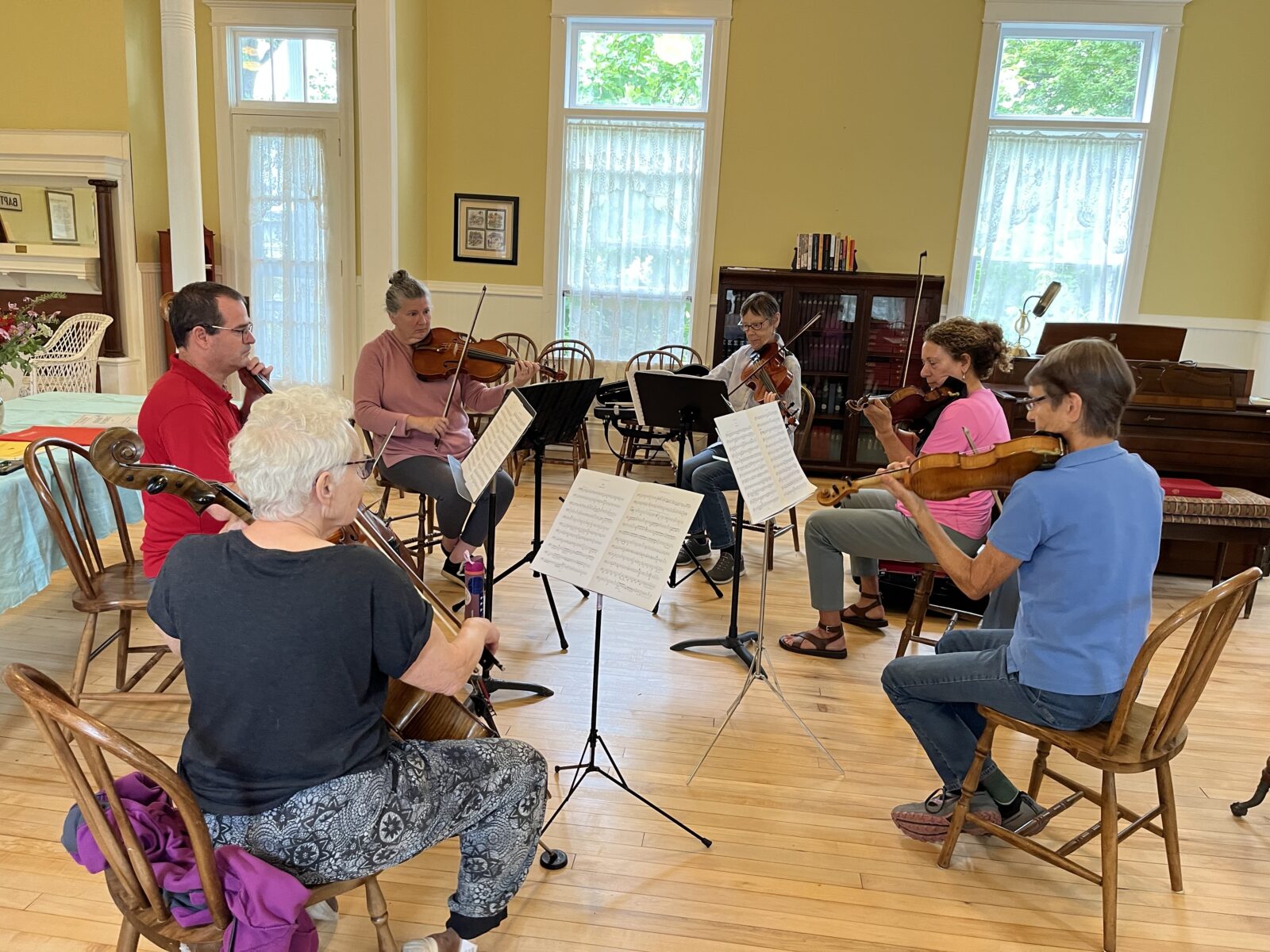
A weekend of music and renewal at Chautauqua
When you first set foot on the grounds of the Chautauqua Institution in southwestern New York, it’s easy to understand the lift in Arlene Hajinlian and Sonya Sutton’s voices when they speak about their summer homes, and why they would welcome a group of ACMP members for a weekend of music-making.Read More ↗
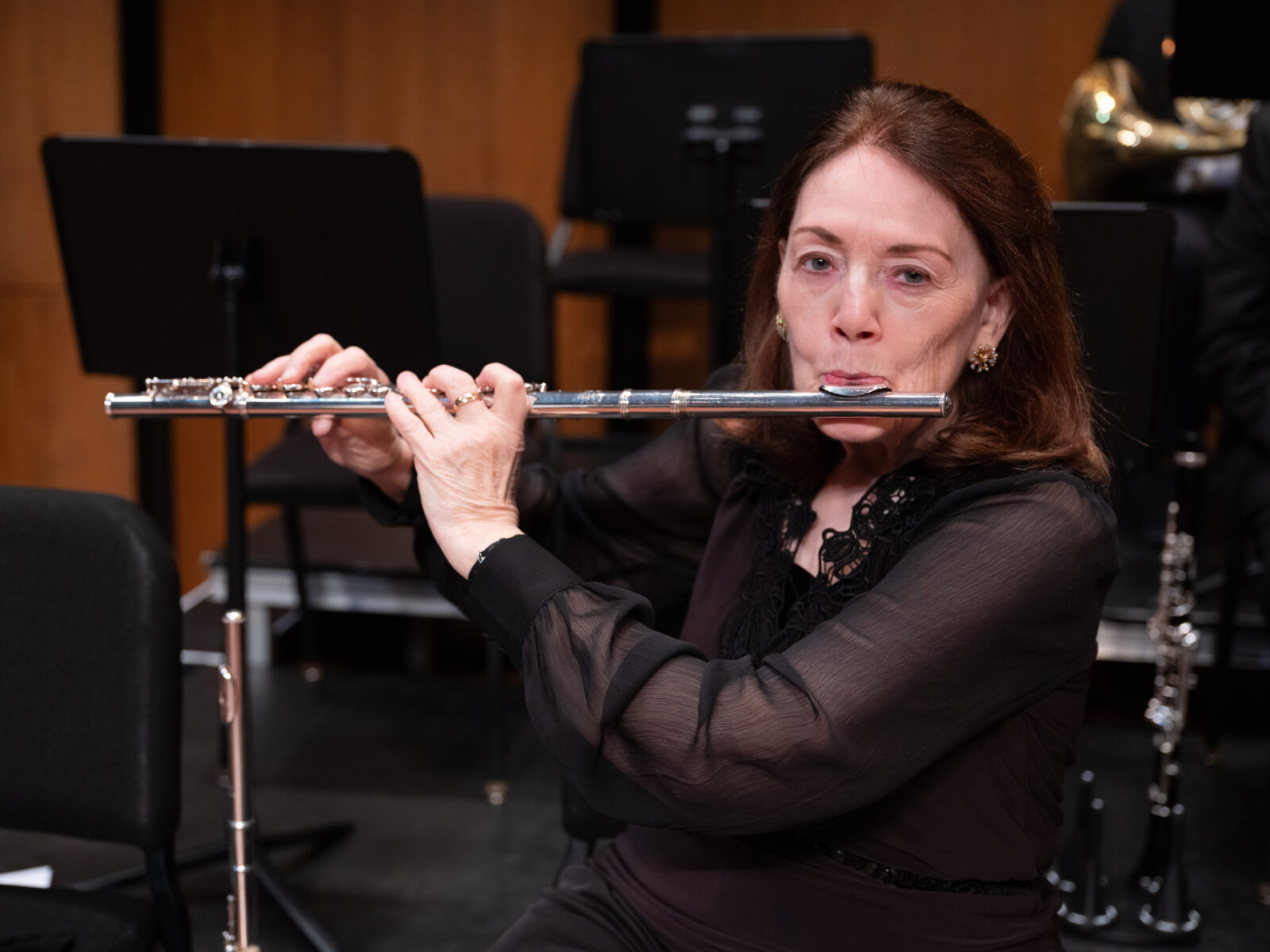
Optometrist by vocation, flutist by avocation
For someone who does not pay the rent as a musician, Pat Brown leads a full musical life with her flute. An optometrist by profession and a dedicated flutist, she has been a member of the Texas Medical Center Orchestra for more than 20 years, serving on the board and helping the group win national awards.Read More ↗
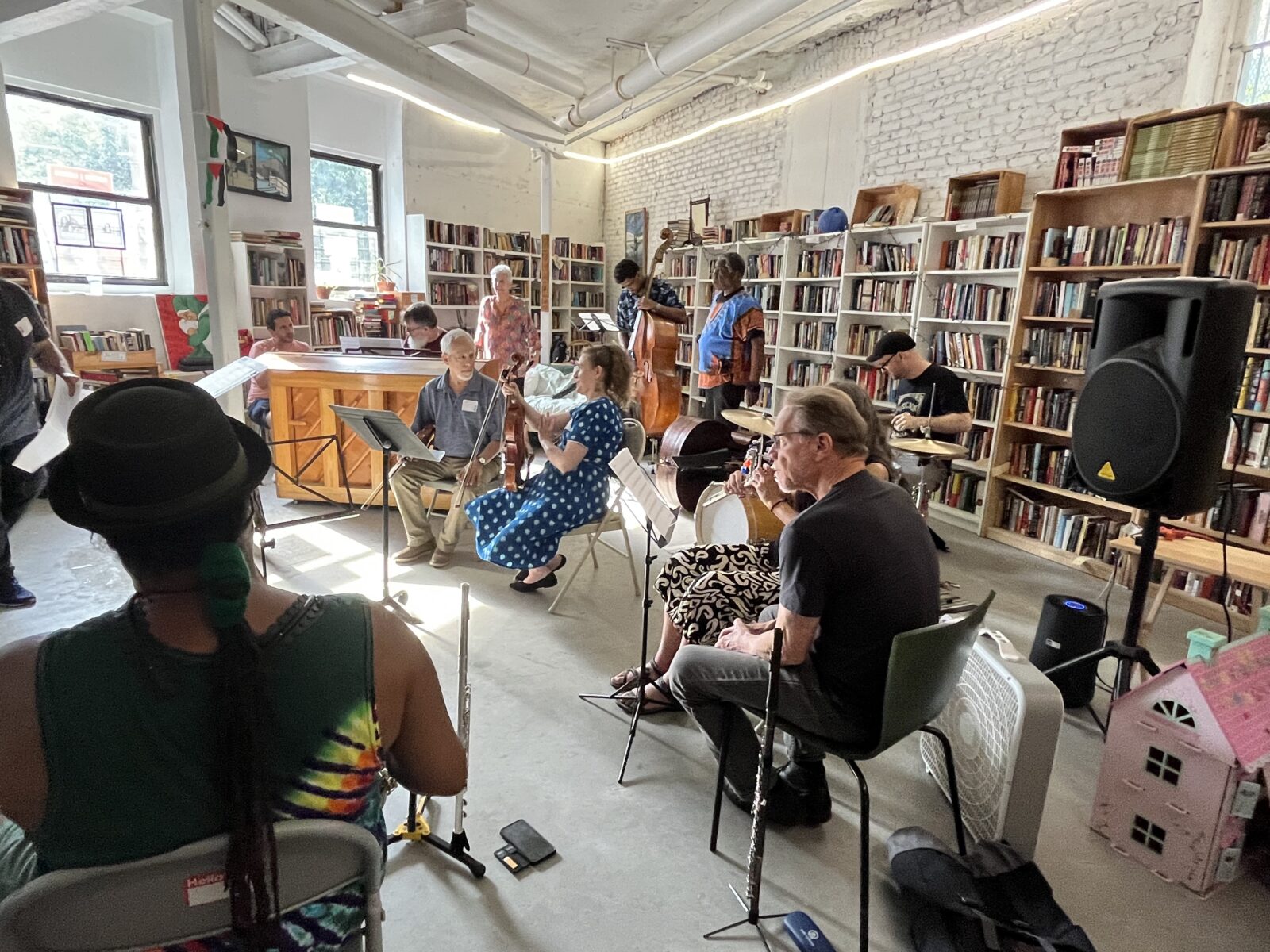
The Great American Play-In: Saturday, September 13 at Opera America
On Saturday, September 13 from 2 to 6pm, the American Composers Orchestra (ACO) and ACMP are hosting a fun and festive chamber music Play-In at Opera America (NYC), focused entirely on chamber music by twentieth-century and living American composers.Read More ↗
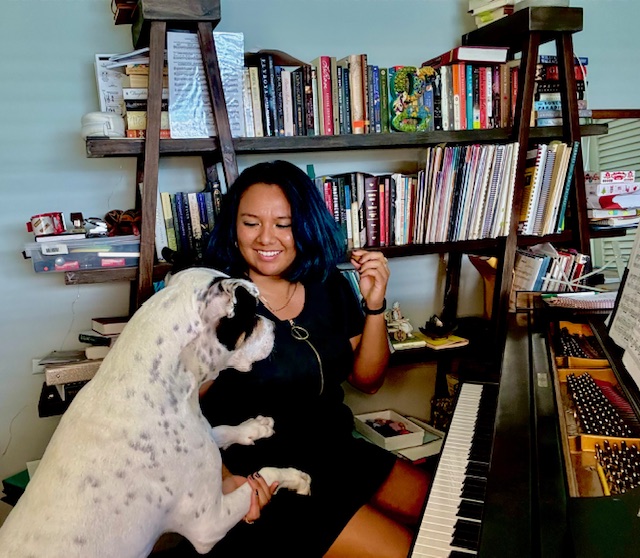
A professional pianist charts new musical paths with chamber music
When it comes to chamber music, ACMP pitches a big tent, from players just starting out to those rediscovering a passion for the music they played on their younger days. But ACMP’s membership also includes a thriving community of professionals — highly trained musicians who discover a community in ACMP that is hard to find elsewhere. Grace Shepard is one such professional living in South Florida and serving on ACMP’s North American Outreach Council.Read More ↗
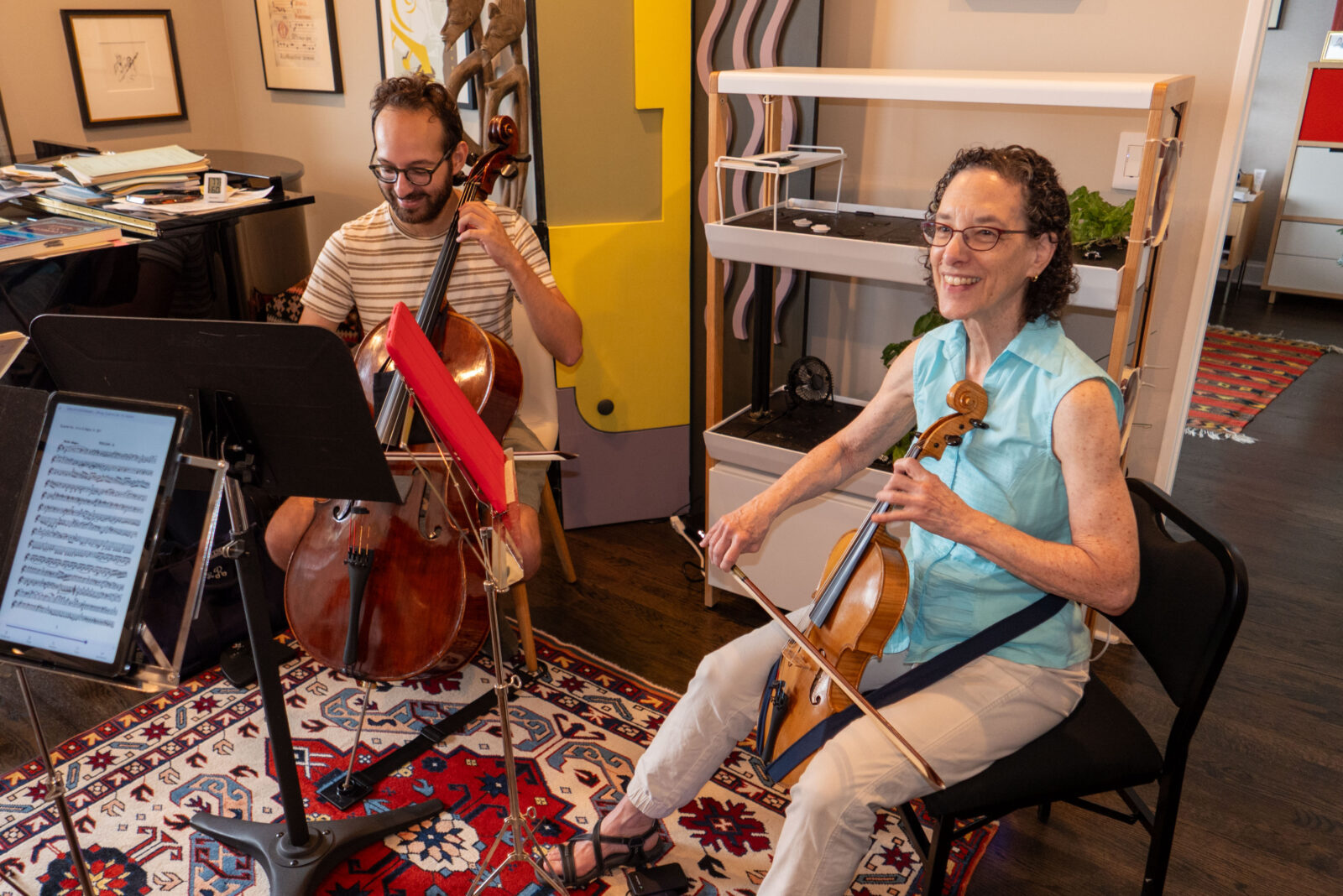
How a cellist learned to love the viola, her way
Chicago-area cellist Ruth Rozen recounts her adventures with a vertical viola, opening the door to playing the inner voices in chamber music.Read More ↗
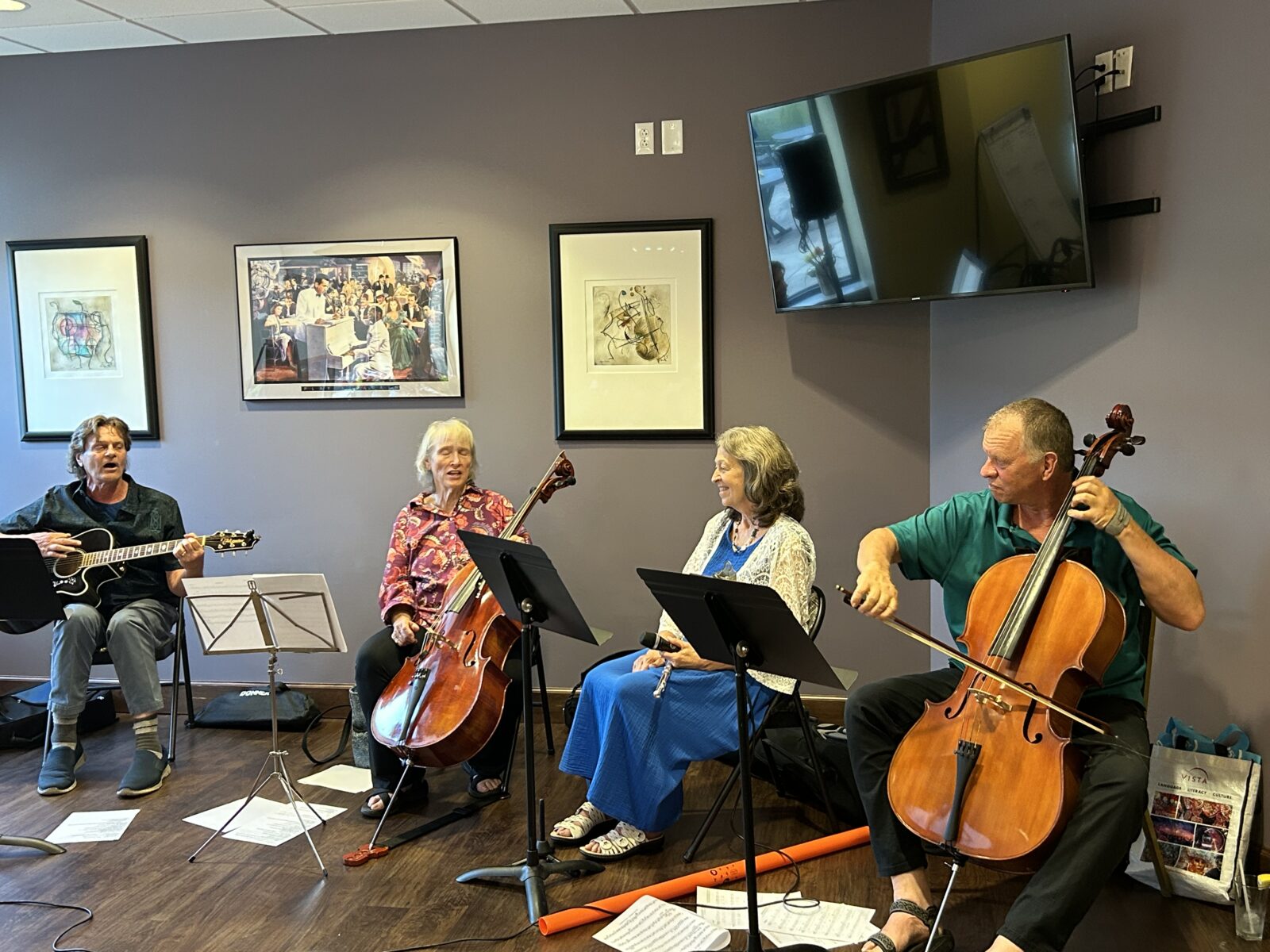
Tremendous Trivia Tunes: A Fundraiser for ACMP
Four members from DeKalb, Illinois tried a new method of fundraising for ACMP. They felt so grateful for ACMP's Home Coaching program and the wonderful teachers in our Coach Directory, that they came up with an innovative idea to give back to our community. They raised a little over $200.00, but the greatest part was how much fun they had doing it.Read More ↗
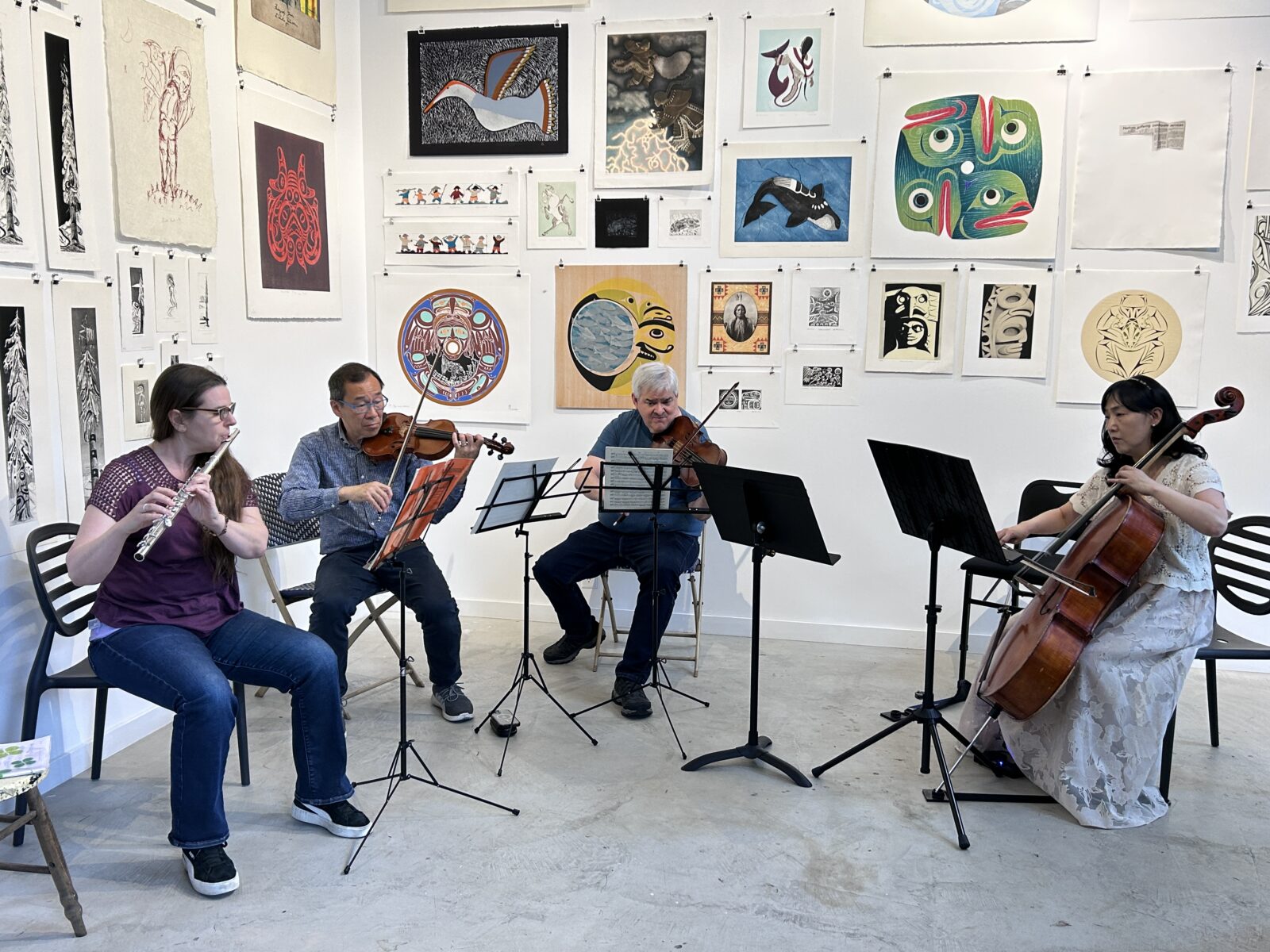
And the Play-Ins continued in June!
With ACMP's rapidly growing community of chamber musicians, Play-In season is never over! Read about two recent Play-Ins in June.Read More ↗
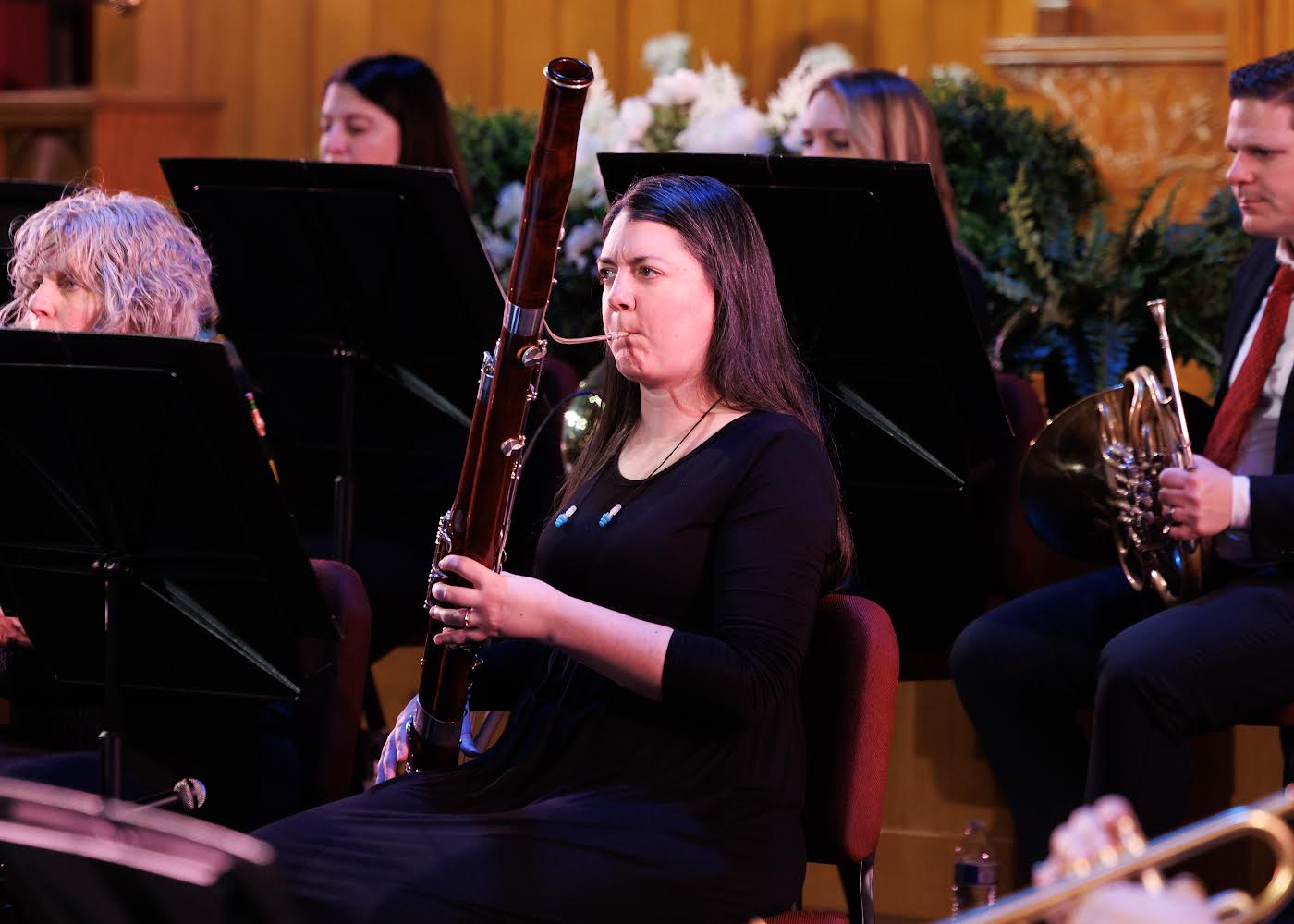
2025 News of Note Puzzle Contest Winner and Answers
Congratulations to bassoonist Jessi Vandagriff for winning this year's News of Note puzzle contest. And read more for the great puzzle answer reveal!Read More ↗
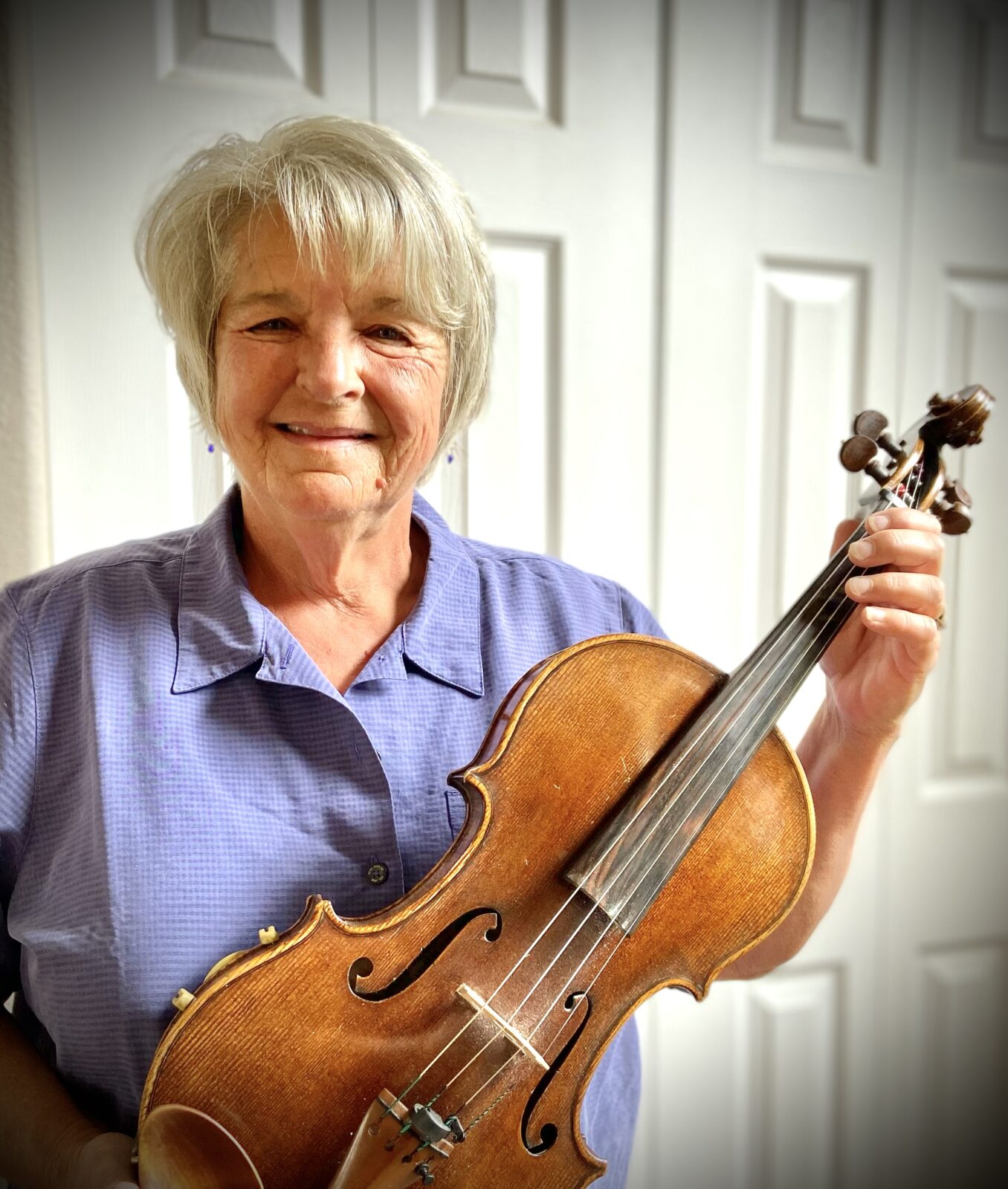
Member of the Month, July 2025: Cheryl Hite
The ranks of ACMP members are filled with professionals who began their college careers with the intent of pursuing music for a living, then for whatever reason moved into another career. Colorado-based violist Cheryl Hite is one of those musicians. A native of Detroit, she enrolled at Indiana University in the 1970s as a double major – biology and viola performance. Read her interview with ACMP Board Chair Bob Goetz.Read More ↗
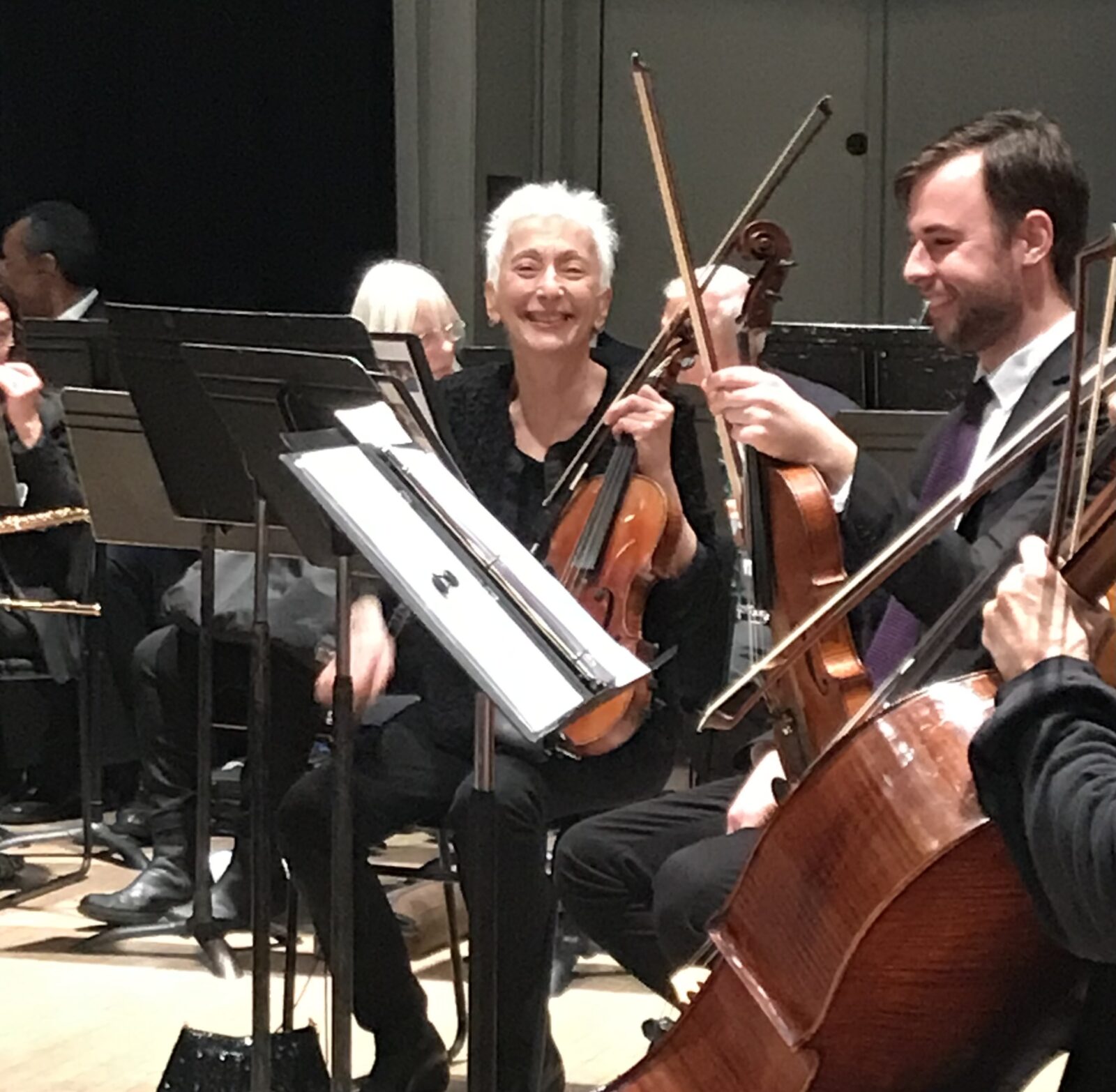
The day my quartet played out of tune and almost got our host evicted
Chamber music can be a high stakes activity - play a bit out of tune, and your host could end up on the street. Read about one such close call in New York City.Read More ↗
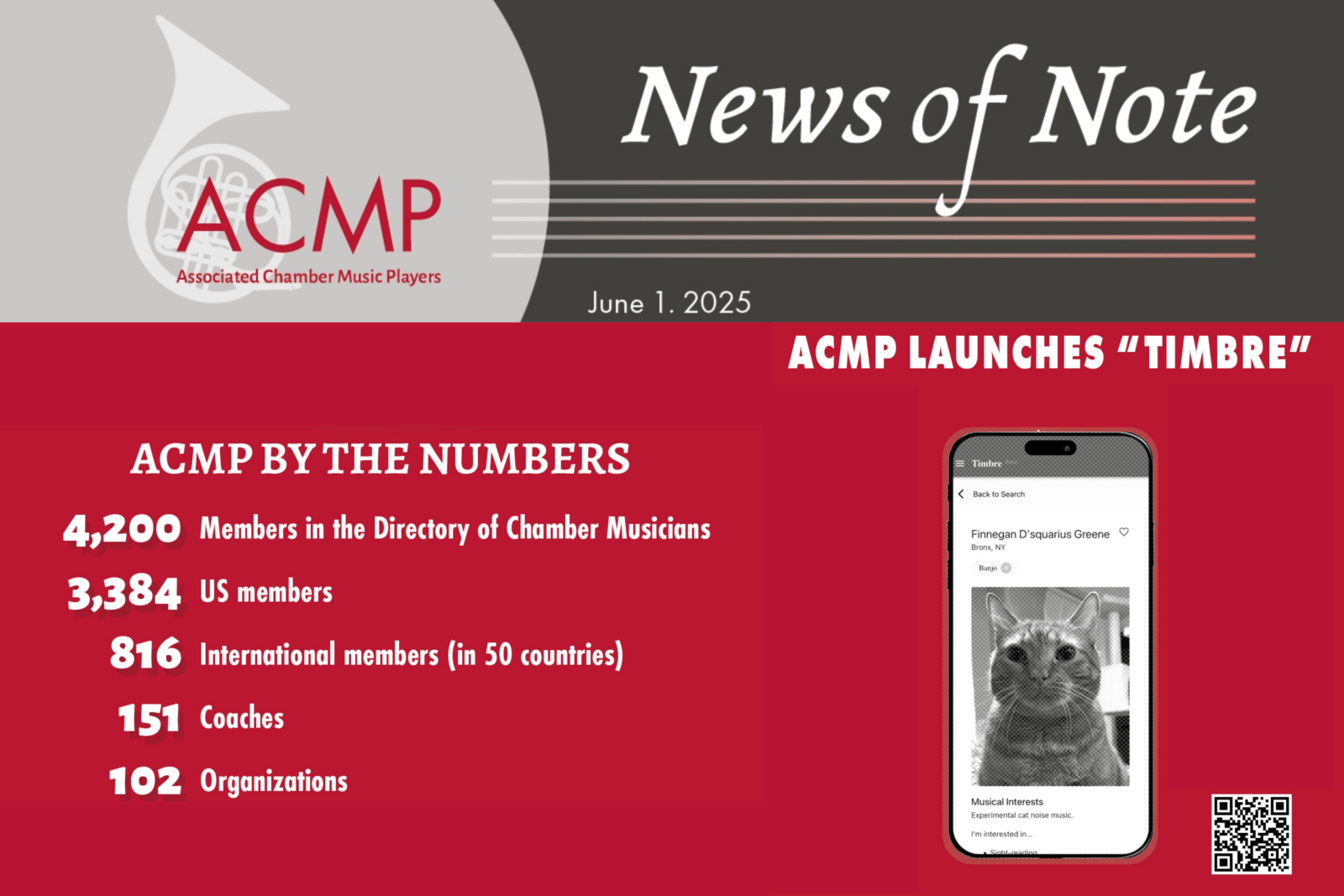
News of Note 2025
It’s that time of year again! The web version of the 2025 News of Note is live, featuring updates from the past year—and some fun extras, including everyone’s favorite: a new puzzle. (Submit your answers by July 1!)Read More ↗
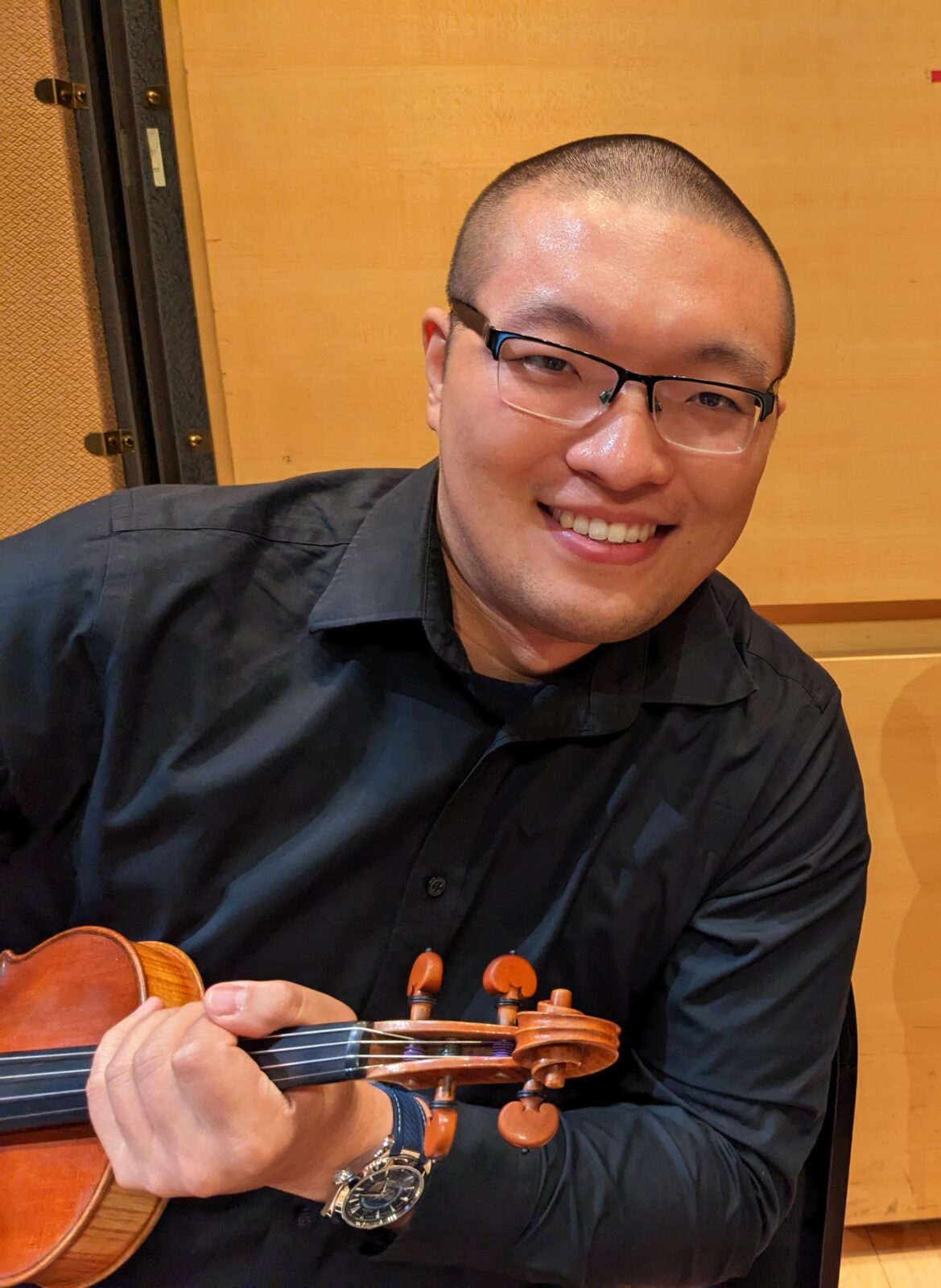
Member of the Month, June 2025: Frank Song
Frank Song, 28, may work remotely as a software engineer, but when it comes to music and the arts, he is all about being there, in person. With the flexibility to travel in his work, he seeks out concerts or museum exhibits in cities far beyond his home in Toronto. And while he’s at it, he takes along his violin to play chamber music. We caught up with Frank on a recent visit to New York, where he played chamber music with people he found through ACMP.Read More ↗